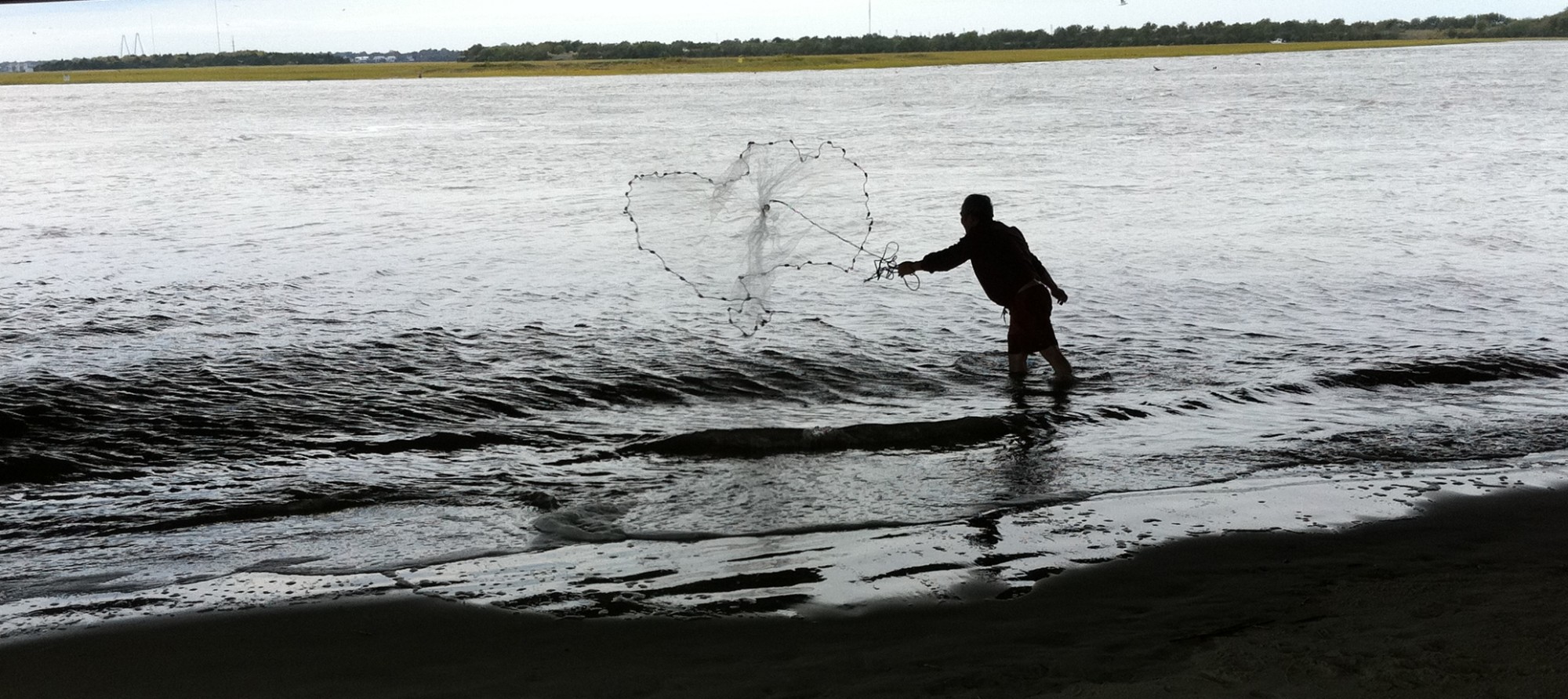So now Nicole, Andrew, and Laura are about to enter your final posts for the semester, after finishing the Workbook as well as the Resilience Thinking book.
All of your comments about the Workbook I thought were quite insightful–I was involved in one of the review processes of the workbook as a graduate student many years ago. At the time, it was presented to me to be a workbook specifically for land managers, say of arbitrarily bounded areas like National Parks (or perhaps Marine Protected Areas?), and as you all suspected, it is indeed supposed to be desiged for a team of professionals to talk about the system that they are supposed to manage. But, there are assumptions about the knowledge of those workers, certainly–it is not made for academics, but actual people working in an actual institution…and the assumption is that the people working in that institution actually know about the system they are hired to manage. I was wondering if it was applicable to MPA frameworks, since those are about ocean spaces–but perhaps the actual contrast then, based on your blog entries, is that the people managing MPAs do not have knowledge about their systems appropriate enough to manage and make decisions? Is that what I’m hearing you all say? If not the people who work for a land/ocean management institution, then what sorts of people would you have at the table to work through the exercises in the workbook?
One of my own critiques about the Resilience approach on the whole actually extends from all of your critiques of the Workbook: there is little recognition of actual power dynamics in the social side of the system. But politics matter–as you say, competing agendas and visions and varying abilities to influence policy. And some people have very little say, while others have everything to say–and the point of actual adaptation to environmental problems is to find the “right” people to listen to, not just the people who happen to have the loudest voice. How might the workbook be deployed more effectively to listen to those who might better know the answers sought in the workbook…?
So in your final entry for the semester, reflect on the last part of the Workbook in your respective contexts, reflect on the remainder of the Resilience Thinking book, and reflect on the ideas of power dynamics and knowledge production–what I also think has been missing when we are tasked to think about resilience…. Reflect on both the advantages and the oversights of this approach to thinking about adaptation and human well-being…and what you take away after a semester of thinking resilience.
